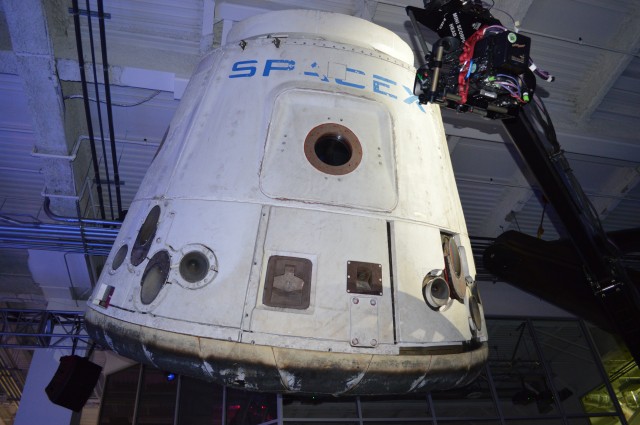
Back when it was still flying its own vehicles, NASA primarily relied on contractors to maintain and operate them. The agency's current plan takes this approach a bit further, paying private companies a fee for service to take materials and, eventually, people into low-Earth orbit. SpaceX and Orbital Science are already taking cargo to the International Space Station, and three companies—Boeing, SpaceX, and Sierra Nevada—are currently receiving money to develop crewed vehicles.
But this plan doesn't have uniform support from Congress, and the Houston Chronicle's Eric Burger has found that one of the Congressional detractors has slipped wording into a NASA funding bill that could potentially derail the whole process. Richard Shelby (R-AL) has added a small clause that would require all the competing companies to engage in a specific form of cost tracking. Doing so is far more easily dictated than done, based on this description of the accounting methods.
Boeing, as a regular government contractor, already has a system in place for tracking costs in a compatible manner. The other two companies, however, do not and would have to face the costs of adding it. Berger also suggests that the new requirement might force the entire contracting process to be repeated.
When asked about the requirement, Shelby argued that it was necessary for transparency. But the whole idea behind adopting a fee-for-service approach to orbit is that it doesn't matter so much what the contractors are paying for their parts—if they offer the cheapest safe ride to orbit, that should be all that matters. Requiring contract pricing-type accounting, as proposed here, could be viewed as an action that unfairly grants advantage to Boeing.
It is worth noting that Shelby represents the state of Alabama, which is home to a large Boeing Defense, Space & Security facility in Huntsville with about 3,000 employees. In addition to bidding on commercial space contracts, Boeing is also the prime contractor for "the design, development, test, and production of the launch vehicle cryogenic stages, as well as development of the avionics suite" for NASA's proposed Space Launch System heavy lift vehicle, which is being designed primarily at NASA's Marshal Space Flight Center in Huntsville.
The proposed measure would still have to survive reconciliation with the House version of the funding bill and be accepted by the president before going into effect.
reader comments
110